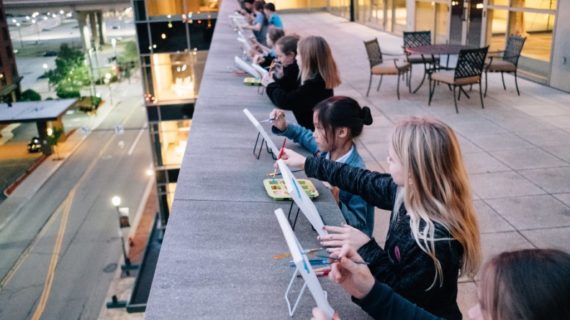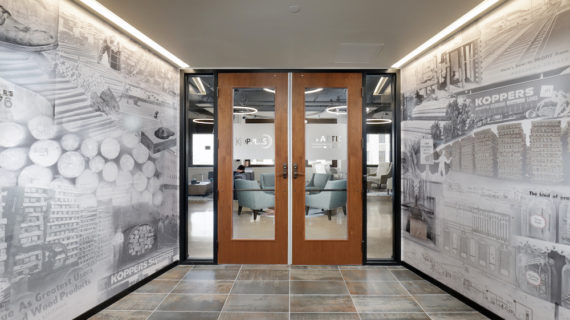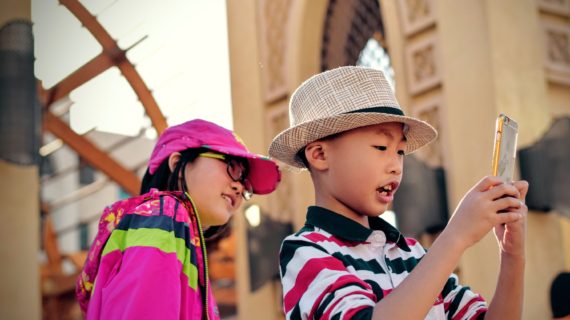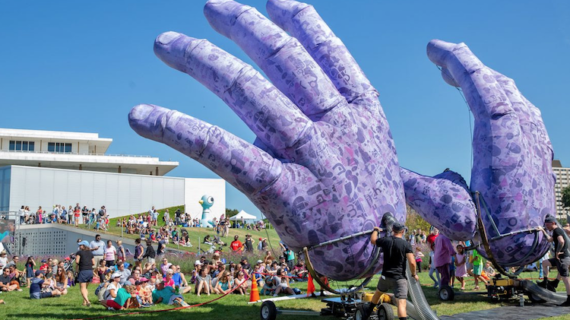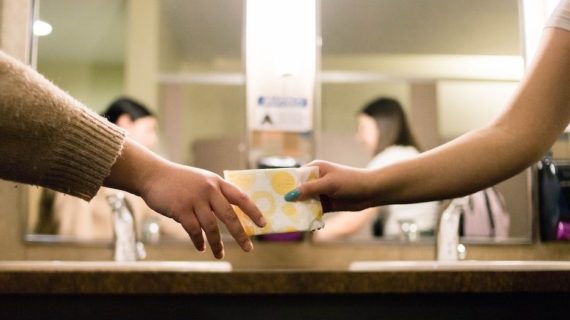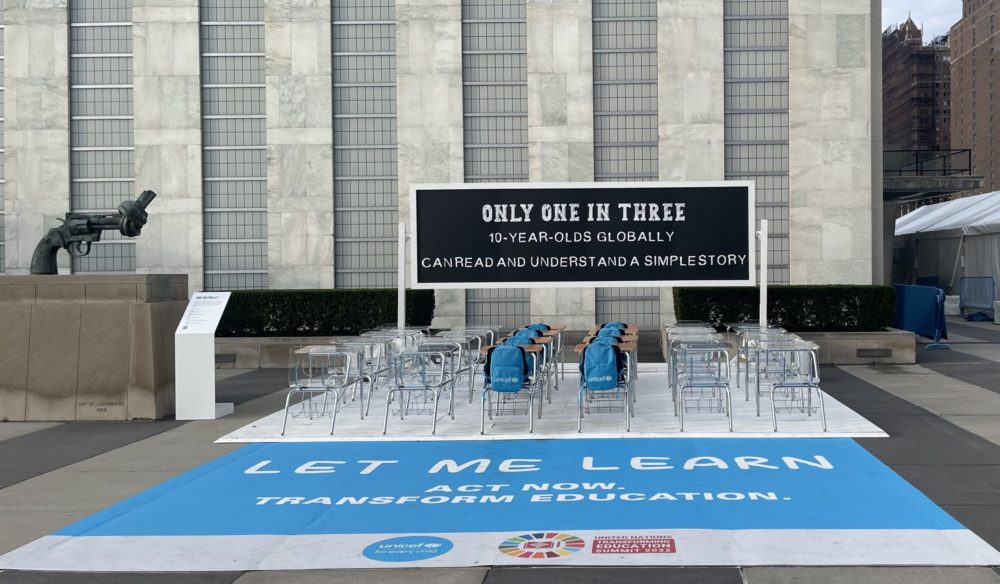
UN’s Transforming Education Summit explored global need for the learning innovation we see in Pittsburgh
Photo above taken Sept. 24, 2022, at the United Nations by Ted Anthony. Story by Melissa Rayworth and Ted Anthony.
On the grounds of the United Nations this week sits an outdoor facsimile of a classroom, complete with school desks and backpacks. On what would be the “blackboard” is a message: Only one in three 10-year-olds globally can read and understand a simple story.
This installation, set up for the Transforming Education Summit that took place on the sidelines of the U.N. General Assembly leaders’ meeting this past week, is particularly affecting given what’s taking place here. From last Tuesday through today, the leaders of the world came to the United Nations to tell the stories of their nations to other leaders – and to much of the rest of the planet.
This outdoor classroom display, located right near the main entrance to the U.N. complex, serves as a powerful reminder: Understanding each other’s stories, and casting both an appreciative and critical eye on those stories, is at the heart of 21st-century literacy. It is a central part of what it means to be a citizen, a smart consumer – and a leader. It also, as some at the U.N. might say, is part of navigating a path toward peace.
In western Pennsylvania’s schools, topics like these are everywhere today. How to comprehend, how to make sure the pandemic doesn’t interrupt a generation of schoolchildren, how to ensure that the stories we tell are understood: All those things are central to education in 2022-23, in Pittsburgh and beyond, and they are very much on the minds of local teachers, school administrators and afterschool educators throughout Pittsburgh’s communities.
As Transforming Education Summit was unfolding at the U.N., Pittsburgh’s Remake Learning network was hosting its own celebration of the global role our region plays in education innovation. At Remake Learning’s 15th anniversary event, held at the New Hazlett Theater on the North Side, more than 50 local organizations announced commitments totaling nearly $100 million toward programs for Pittsburgh’s learners.
Along with supporting math, science and art learning, these investments include increased funding for the Pittsburgh Penguins Foundation’s Reading Champions program, which provides library books and literacy tools to local classrooms and a commitment from the Mentoring Partnership to offer a range of mental health supports to young people and the adults who work with them.
Literacy. Mental health support. And the chance for all students to learn to think critically, tell their own stories and pursue thriving, 21st-century careers. These topics, central to the debate at the U.N. summit, are a major focus locally as well.
You’ll also notice in the photo above that to the far left of the installation, probably coincidentally, sits a U.N. sculpture that stands for peace. Called “The Knotted Gun,” by Swedish artist Carl Fredrik Reuterswärd, it is a sculpture of a .357 Magnum revolver, its barrel tied into a knot so that it cannot shoot, so that it cannot hurt people. Reuterswärd created it in response to the shooting of John Lennon in 1980, and it was moved to the United Nations in 1988, a decade before school shootings started becoming a central part of American life.
As world leaders meet at the U.N. this week, another striking visual is located next to the classroom display: Gun, interrupted, its potential for violence undermined, sitting right next to a classroom that could be educating a little girl or boy who could become one of tomorrow’s leaders.
“Act now. Transform education,” says the sign behind these outdoor school desks.
And above it, a plea that is as at home in western Pennsylvania as it is in the most distant of nations: “Let me learn.”
